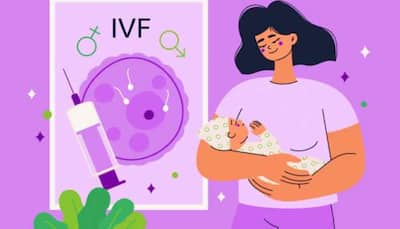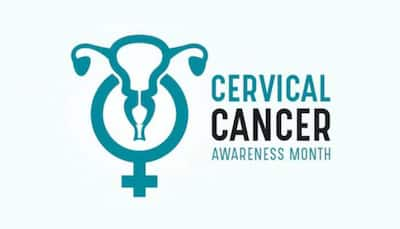In vitro fertilization (IVF) offers a path to parenthood for couples struggling with infertility, yet the emotional journey accompanying the process is anything but linear. Infertility itself is a major life crisis, comparable to the loss of a loved one or battling a life-threatening illness. An estimated 12% of married women face difficulties conceiving or sustaining pregnancies, and the toll it takes on mental health is undeniable. The highs and lows of IVF are profound, with joy and hope intertwined with fear, anxiety, and grief. This emotional rollercoaster can have lasting impacts on both individuals and relationships, making it essential to understand the psychological complexities of IVF.
The IVF journey is frequently characterized by emotional peaks and valleys, with the most psychologically taxing phase often being the 10-14 day waiting period between the embryo transfer and the pregnancy test. During this time, many women experience heightened anxiety, often obsessing over physical symptoms and potential outcomes. The mix of hope and dread can be emotionally draining, leading to sleepless nights and constant worry. Women undergoing IVF often find themselves vacillating between optimism and paralyzing fear, making it one of the most emotionally exhausting experiences in life. The anticipation of the outcome, be it positive or negative, weighs heavily on their mental health, triggering intrusive thoughts, anxiety, and sometimes depression.
Even after a successful pregnancy, many women report feeling lingering anxiety. The joy of conception is often tempered by fears surrounding the viability of the pregnancy and the potential for miscarriage. These worries can persist throughout the pregnancy, with emotional scars from the IVF process remaining even years later. For those who do not achieve success, the emotional toll can be devastating. Feelings of grief, loss, and failure can take hold, with long-term psychological effects such as chronic depression or anxiety affecting many. Research suggests that even 20 years after IVF, some women continue to experience emotional distress.
Managing the emotional ups and downs of IVF calls for a tailored self-care approach. Here are some effective strategies to help you cope with the emotional challenges:
It’s natural to experience a broad spectrum of emotions—joy, fear, anger, and sadness. Instead of suppressing these feelings, acknowledge and accept them as part of the process.
IVF is a journey filled with uncertainty. Avoid fixating on outcomes and focus on what is within your control at each stage.
Incorporating physical activities into your routine can significantly uplift your mental health by prompting the production of endorphins, the body’s natural mood enhancers. Additionally, you might consider incorporating practices such as meditation, yoga, or guided breathing exercises to keep yourself anchored in the moment.
Don’t hesitate to reach out to mental health professionals for guidance. Therapists experienced in infertility issues can offer valuable coping tools.
Surround yourself with supportive family, friends, or join infertility support groups to share your journey.
Be kind to yourself. Understand that IVF is challenging, and there is no “right” way to feel or respond during the process.
Stay informed on all the , real-time updates, and follow all the important headlines in and on Zee News.


![Laughter Chefs 2: Why did Rubina Dilak lose her cool with Rahul Vaidya and slam Abhishek Kumar? [Watch video]](https://eflip.in/wp-content/uploads/2025/01/swara-2-800x450.jpg)
![Yeh Rishta Kya Kehlata spoiler: Roop and Armaan aren't brothers? Here's the truth about Shivani [Watch video]](https://eflip.in/wp-content/uploads/2025/01/swara-1-800x450.jpg)






